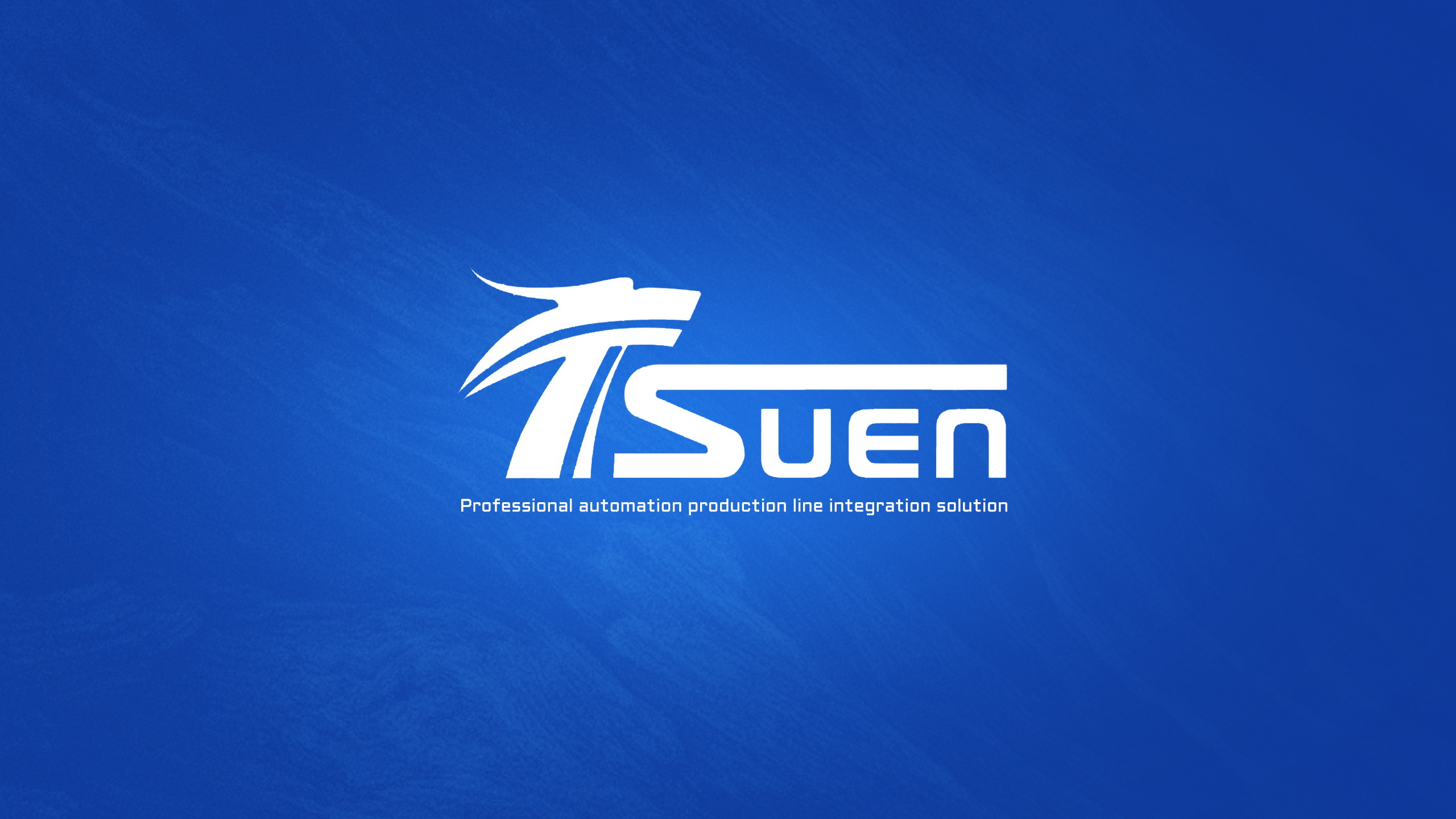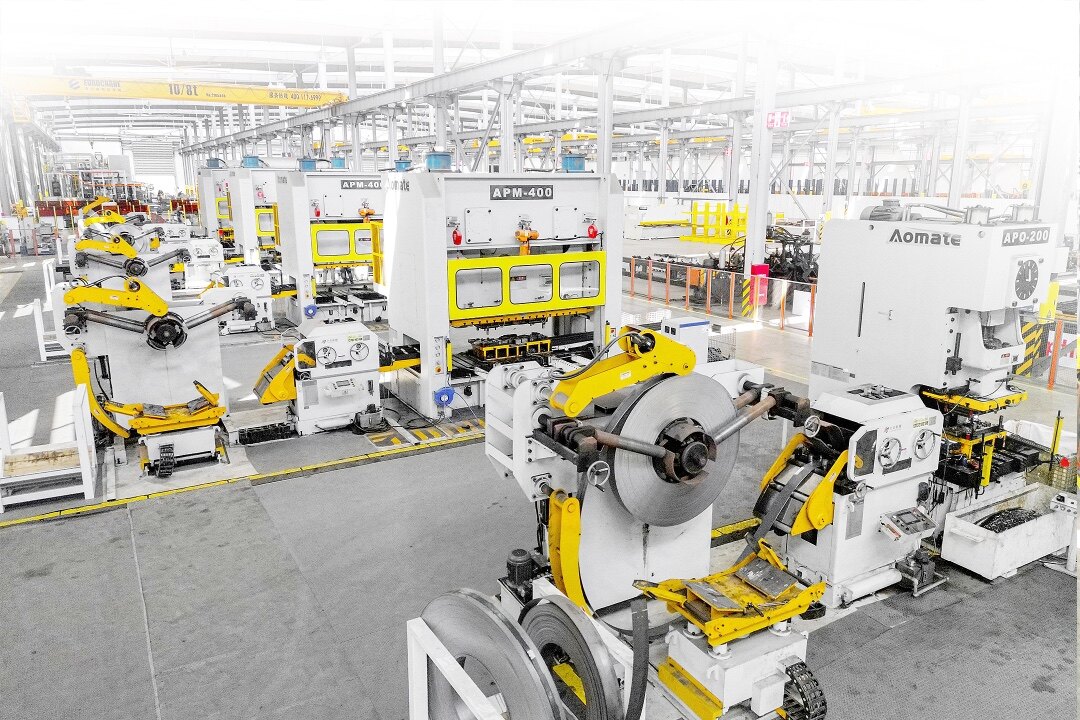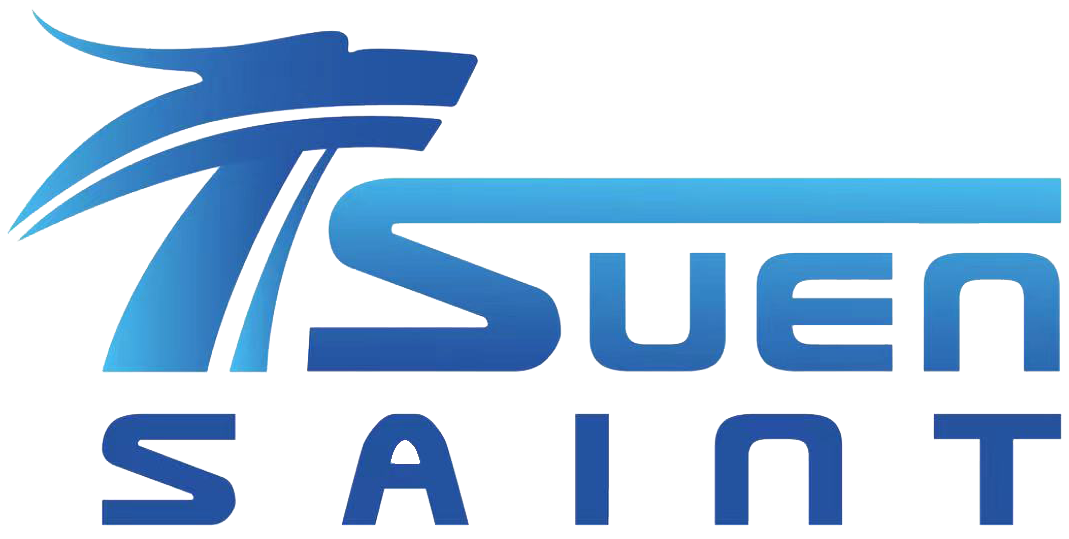Email format error
Email cannot be empty
Email already exists
6-20 characters(letters plus numbers only)
The password is inconsistent
Email format error
Email cannot be empty
Email does not exist
6-20 characters(letters plus numbers only)
The password is inconsistent


Metal Foundry and Metal Machinery: Two Key Domains in Industrial Processes
Introduction
In modern industry, metal foundries and metal machinery are two crucial domains. They provide foundational processes and technological support for manufacturing and related industries. This article delves into the definition, historical evolution, and technical processes of metal foundries and metal machinery to better understand their roles and significance in industrial processes.
Definition and Significance of Metal Foundry and Metal Machinery
Metal foundry refers to the process of manufacturing various-shaped castings using metal materials through processes like melting, casting, and solidification. Widely applied in industries like automotive manufacturing, mechanical equipment, and aerospace, metal foundry enables the production of complex-shaped, precision-sized components, providing fundamental support for other processes.
On the other hand, metal machinery involves processing metal materials into various mechanical parts or products through techniques like machining, forging, and manufacturing. Playing a critical role in industrial manufacturing, metal machinery finds application across almost all manufacturing sectors, including automotive, electronics, and energy industries.
Historical Evolution of Metal Foundry and Metal Machinery
The history of metal foundries dates back thousands of years to ancient civilizations. The earliest casting techniques can be traced to ancient Egypt and Mesopotamia. Over time, metal foundry technology evolved from manual operations to modern automated production lines.
Similarly, the development history of metal machinery is equally ancient. In ancient times, metal processing was done using simple tools and manual operations. With the advent of the industrial revolution, metal machinery saw significant development. From primitive machine lathes to modern CNC machines, metal processing technology has undergone tremendous changes and advancements.
Processes and Techniques of Metal Foundry and Metal Machinery
Metal foundry processes include casting, molding, welding, etc. Casting involves pouring molten metal into molds to obtain castings of desired shapes after solidification. Molding utilizes molds to inject molten metal, forming desired shapes. Welding involves joining two metal parts through heat or pressure.
Metal machinery processes mainly include machining, forging, manufacturing, etc. Machining involves cutting, turning, drilling, etc., metal materials using machine tools. Forging is the process of shaping metal materials by heating them to a certain temperature and applying pressure. Manufacturing involves shaping and processing metal materials using various machinery.
Conclusion
Metal foundries and metal machinery play irreplaceable roles in industrial production. They provide a solid foundation for the development of modern industry, driving continuous progress and development in the manufacturing sector. With the constant progress and innovation of technology, metal foundries and metal machinery are expected to have a promising future in the development of industry.

